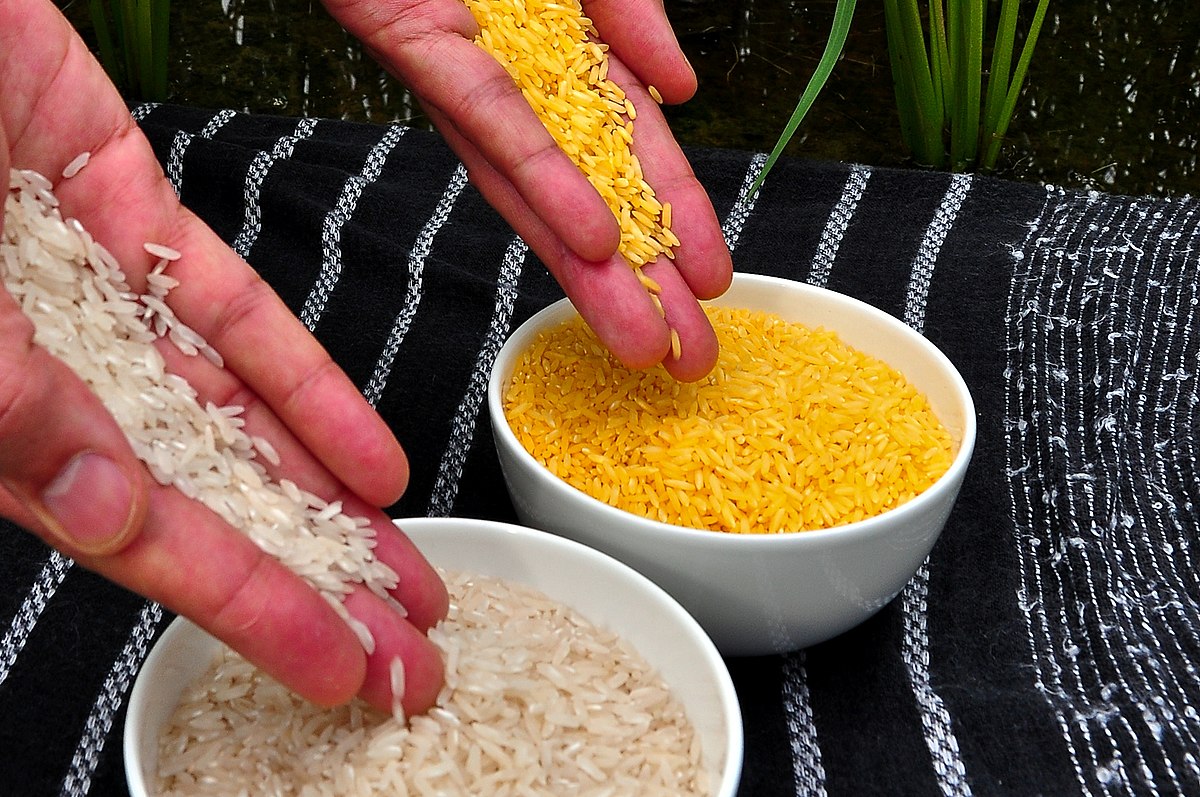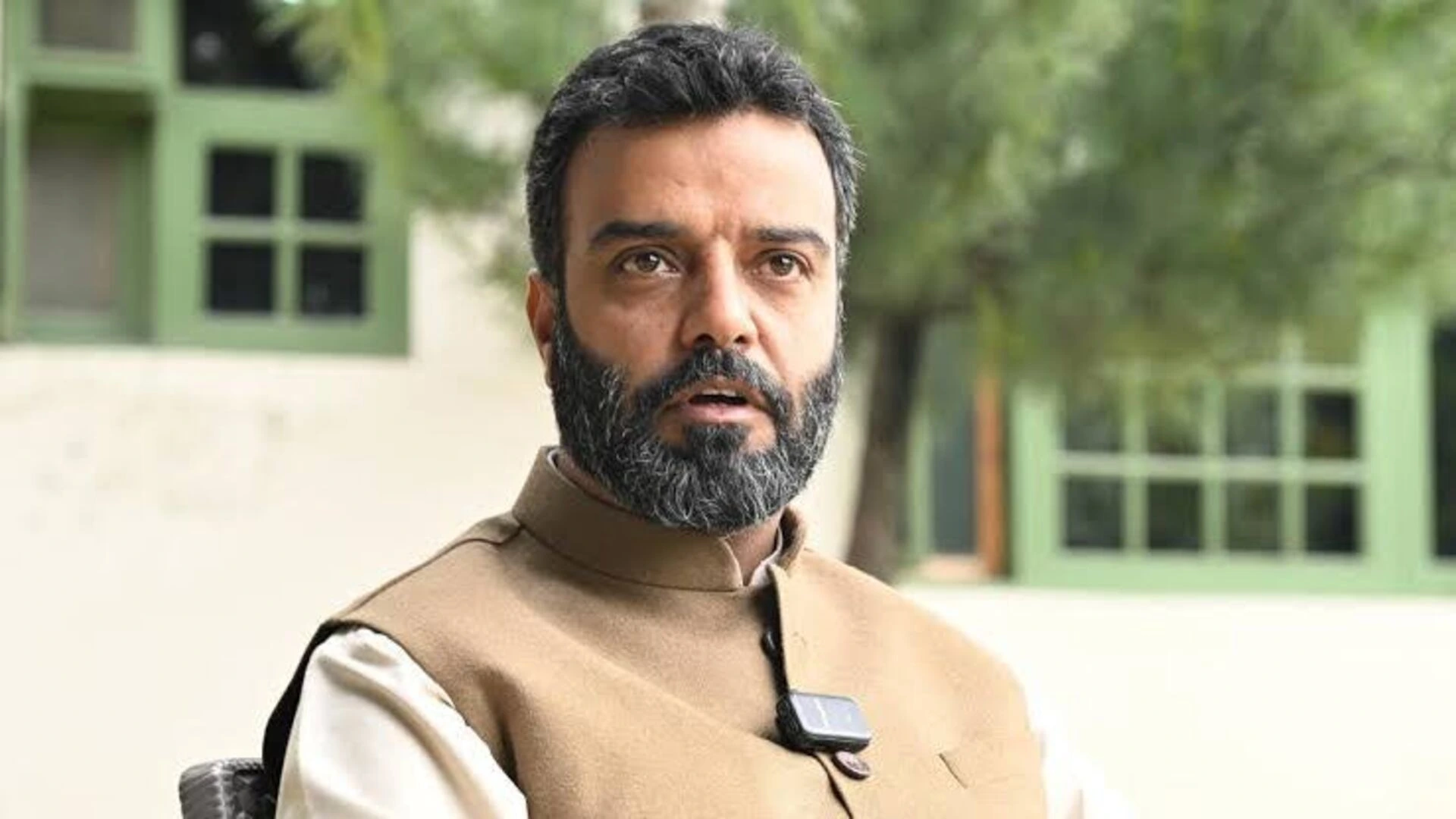Rice is a main staple in most of the regions in India and many other countries across the globe. This is a starchy grain, generally available at a low cost. There are many names and varieties for this grain. These grains can differ in size, shape, colour, aroma and flavour.
Rice is a rich source of carbohydrates, the body’s main fuel and gives a good sense of satiety. Rice is a good source of many nutrients including B-vitamin, fibre and magnesium, proteins and selenium. Content of these nutrients might differ depending on the strain of rice but still it can play a vital role to fight malnutrition. Rice is often considered as bad carb or empty calories. Though that’s not all true. White rice may not have as much fibre as brown/ black or red rice, but still has b-vitamin and iron in it.
In traditional medicine – Ayurveda, rice has been used to treat gastric conditions and also to treat skin irritation. It lends a huge hand in the beauty industry and is used in various products to add glow to skin or lustre ji to hair.
Steamed, boiled or fried, there are many ways to prepare it.
Steaming/ parboiling with an absorption method is the best method by far- as in this by soaking raw rice in water and washing them under running water helps one lose all traces of arsenic and still retain crop nutrition as grain is cooked on low heat. Rice cookers also use the same technique to ensure nutrients are intact.
Boiling rice results in greater loss of nutrients- where for every one cup of rice , 4 cups of water is brought to boil and remaining water is to be drained. water soluble vitamins are lost in this method but it also leaches extra starch from the grain making it viable for weight watchers.
Rice is best when starch is removed and is consumed with protein, especially Daals. Rice contains sulphur- based amino acids and dals contain amino acids. Both are required by our body for the synthesis of proteins. Combination of dal and rice aids in protein synthesis, which helps in building of muscles.
The author is a Dietician.







